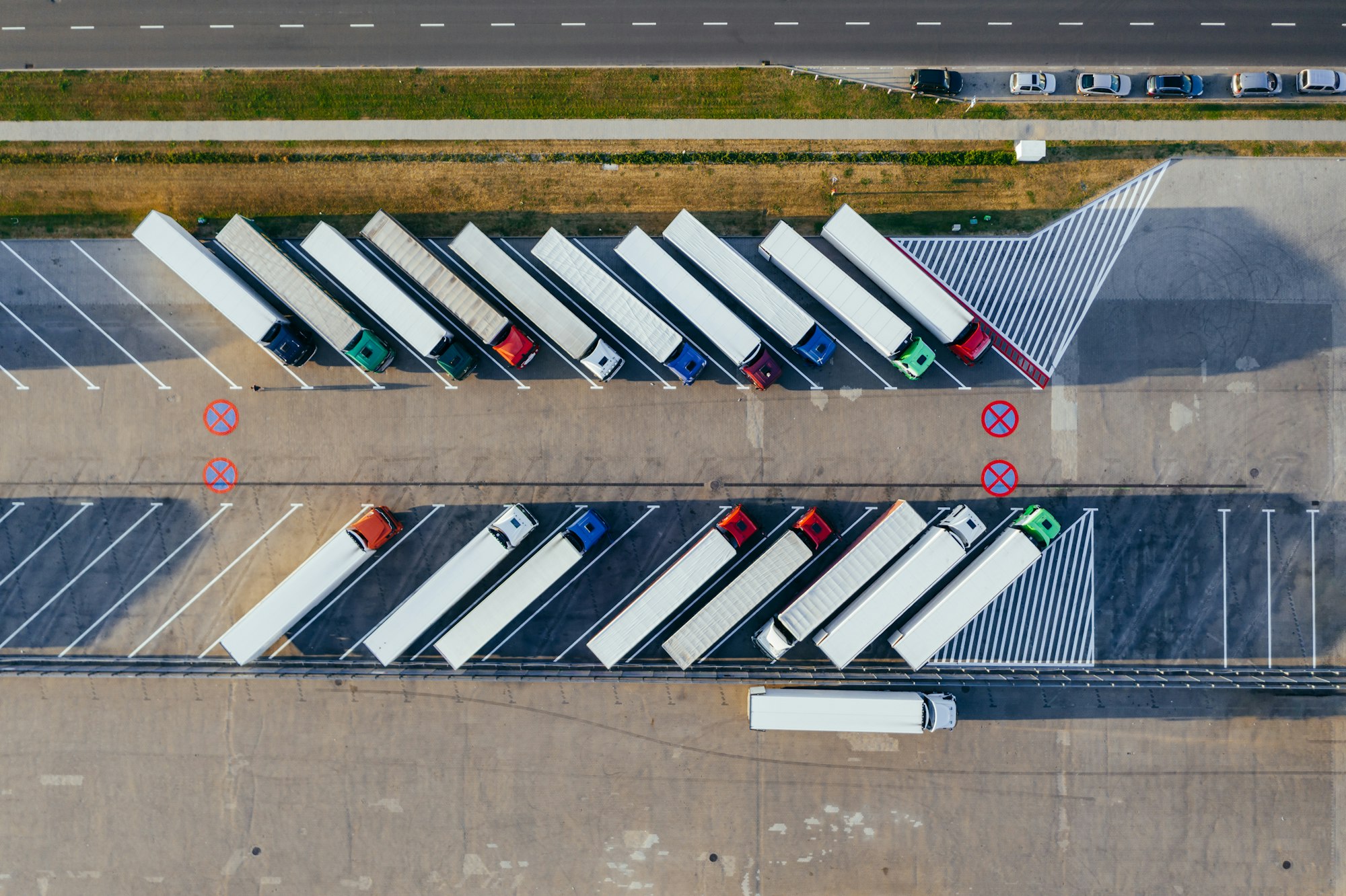The US EV industry now faces a choice: Tax credits or Chinese…

The Biden administration has released proposed guidance for enforcing the requirement that the US fast-growing EV and battery industries avoid using materials supplied by China. Under the proposed rules, EVs manufactured with battery components from a foreign entity of concern will no longer be eligible for the federal tax credit starting in 2024. This poses a challenge for US-based EV and battery factories, as most of the EVs currently being manufactured will no longer be eligible for the tax credit after 2025. US manufacturers face difficulty in securing sources outside of China for the minerals and components needed for lithium-ion EV batteries. China currently dominates the global EV supply chain, making it challenging for other countries to reduce their reliance on Chinese firms. The Department of Energy's proposed guidance designates China as a foreign entity of concern.
Source: Link
Frequently Asked Questions
FAQ 1: What choice does the US EV industry face regarding tax credits or Chinese batteries?
Answer: The US EV industry is facing a choice between claiming tax credits or continuing to use Chinese-manufactured batteries. This is due to new rules that aim to shift the supply chain away from reliance on Chinese minerals and components for lithium-ion EV batteries with the intention to encourage more domestic production. Source
FAQ 2: What are the implications of the new EV tax credit rules for Chinese firms and components?
Answer: The Biden administration's new rules are designed to prevent Chinese firms from supplying parts for electric vehicles that are eligible for billions of dollars in American subsidies. These measures will limit the use of Chinese battery parts in electric cars that qualify for U.S. tax credits. Source
FAQ 3: When do the new rules regarding Chinese components in EVs take effect?
Answer: The new rules regarding sourcing of completed batteries and critical minerals come into effect in 2024 for completed batteries and 2025 for the critical minerals used to produce them. Source
FAQ 4: What are the requirements for EV tax credits in the Inflation Reduction Act?
Answer: The EV tax credits in the Inflation Reduction Act require that EV battery components be manufactured or assembled in North America. Starting in 2024, vehicles with any battery components produced by "entities of concern" will be ineligible for the tax credit, which is aimed at strengthening the U.S. industrial base and supply chains. Source1, Source2
FAQ 5: How does the Inflation Reduction Act impact US manufacturing of clean energy materials?
Answer: The Inflation Reduction Act (IRA) aims to boost U.S. manufacturing of clean energy materials and products, including EV batteries, by offering tax credits. These initiatives are expected to incentivize the creation of a more localized supply chain and reduce dependence on foreign components or materials, specifically from China. Source

